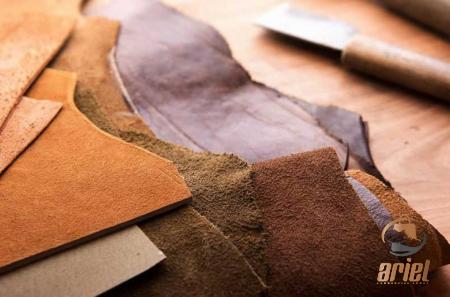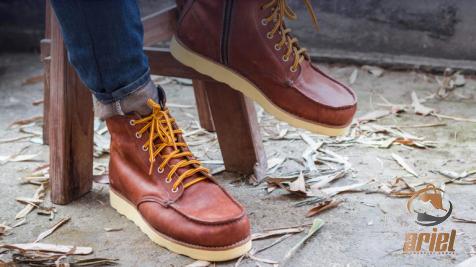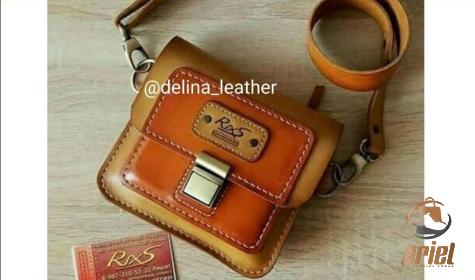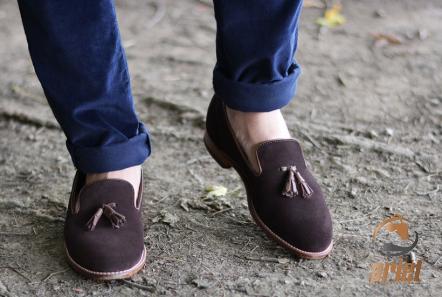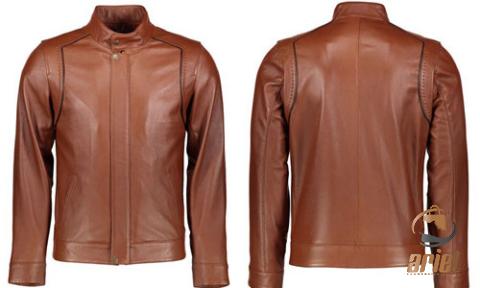Plastic bag materials 2023 Price List
Plastic bag are being made from different materials, which forms various types of bags
These bags are highly practical for packaging and are available for sale in plastic markets
Our company provides a variety of LDPE bag sizes to meet your specific industry requirements
Regardless of your choice, you’ll get complete contamination protection, ensuring that your product stays clean even after you leave the cleanroom
The Easy Tear formula enables technicians to open the bag while wearing gloves and using their hands, reducing the risk of knife, blade, or scissors damage
This handy add-on makes it simple to open your bag, making your job easier and more efficient
Easy Tear LDPE bags come in a range of thicknesses and with or without re-closable zippers
LDPE Easy Tear Bags, while an excellent alternative to gamma-irradiated products, should not be used in extreme temperatures
They have ISO certification and are FDA approved
Check out the chart below to learn more about the product’s physical properties and value
Our Cleanroom LDPE Zip Lock Bags are manufactured in an ISO certified controlled environment with pure resin and are never reused
It complies with the strictest FDA and EU regulations, reducing the risk of contamination
Our zip-lock LDPE bags protect against moisture and vapor permeation while preventing abrasion breakage during transit
It is also an excellent choice for sealing bags or other types of closures
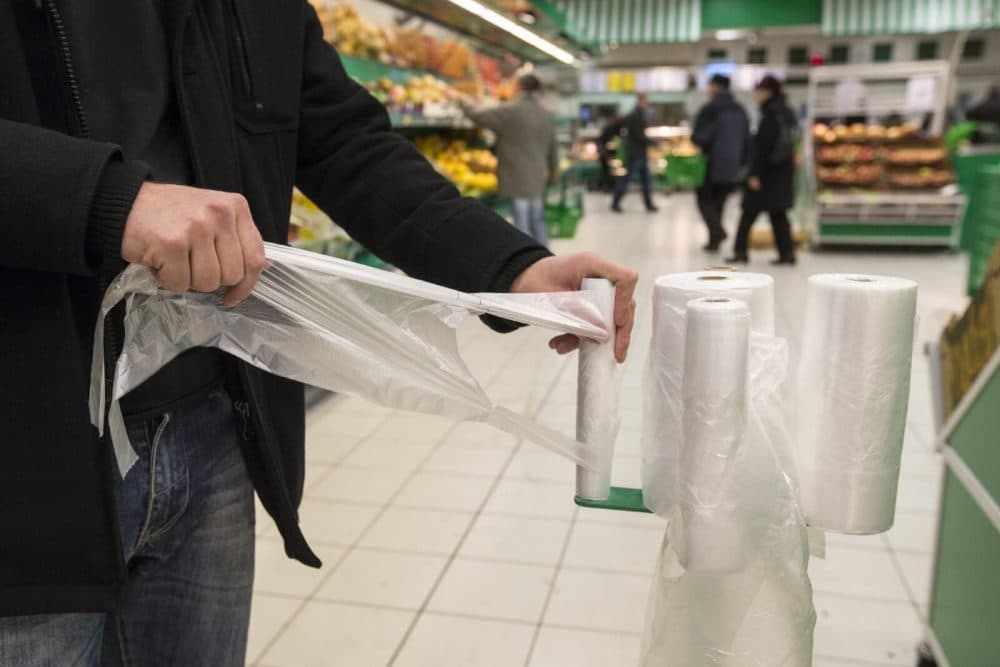
Plastic bag types
Nylons are the most known types of plastic bag
The nylon/LDPE laminated structure is composed of a layer of nylon that has been biaxially oriented and a layer of LDPE that serves as the product contact layer
Both layers are sandwiched between two LDPE layers
Nylon/LDPE is a fantastic material that can be used in a wide range of cleanroom applications
This is due to the material’s transparency, resistance to scuffing and puncturing, and tremendous strength
Furthermore, the film provides an increased oxygen and moisture barrier, which is beneficial for reducing tears and scuffing caused by friction rubbing because it acts as a barrier for increased oxygen and moisture
Bags made of nylon and low-density polyethylene perform exceptionally well in vacuuming applications and maintain structural integrity both during and after the gamma irradiation process
Because it is made with a special Easy Tear formulation, technicians can easily rip open the bag while wearing gloves and without the use of sharp blades
This allows technicians to save both time and money
You can shop with confidence knowing that our Nylon/PE bags have both ISO certification and FDA approval
The following conditions must be met in order for this material to be heat sealed: 0
5 to 3
5 seconds; 30 to 70 pounds per square inch; 250 to 375 degrees Fahrenheit
Cleanroom poly tubing is an alternative that can be used in applications where individually cut cleanroom poly bags are insufficient to complete the tasks at hand
Furthermore, you can rely on them when working with items that are longer in length or when packing the same product repeatedly
Both of these scenarios present distinct challenges that, with their assistance, can be overcome
They frequently find themselves in both situations
Our cleanroom poly tubing is made from virgin resins, non-animal tested materials, and substances that do not contain any surfactants
This is done to maintain the highest level of safety and cleanliness possible throughout the manufacturing process
It has been certified by both the FDA and the ISO, and it is available in a variety of sizes to meet the needs of any specific application
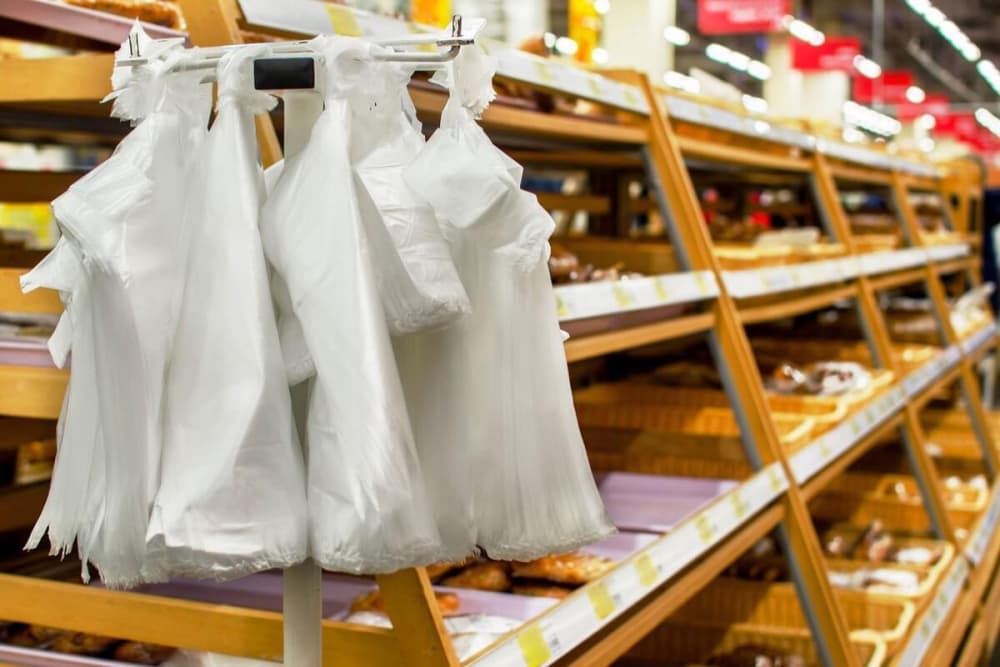
Plastic types of packaging bag
It is important to know differences between various types of plastic bag types and their packaging capabilities
When it comes to selecting plastic bags, most people take into consideration either polyethylene (PE) or polypropylene (PP) plastic
Both of these types of plastic are known as thermoplastics
Despite the fact that polyethylene and polypropylene bags are both made of plastic, they are not typically employed for the same tasks or to package the same kinds of items
Your particular requirements and the purpose for which you will be using the plastic packaging should guide your decision regarding the type of plastic to use
Polyethylene bags: Polyethylene bags are either translucent or opaque and have a slight haze to them, which allows you to see the items inside of them, although the specifics of the contents won’t be clear to you
Polyethylene bags come in a variety of thicknesses, from very thin to very thick
Bags made of polyethylene are ideal for use in packaging products or items that must be shielded from the elements to a significant degree
When it comes to packaging and storing large, heavy items like industrial machining parts, the vast majority of industrial companies turn to polyethylene bags
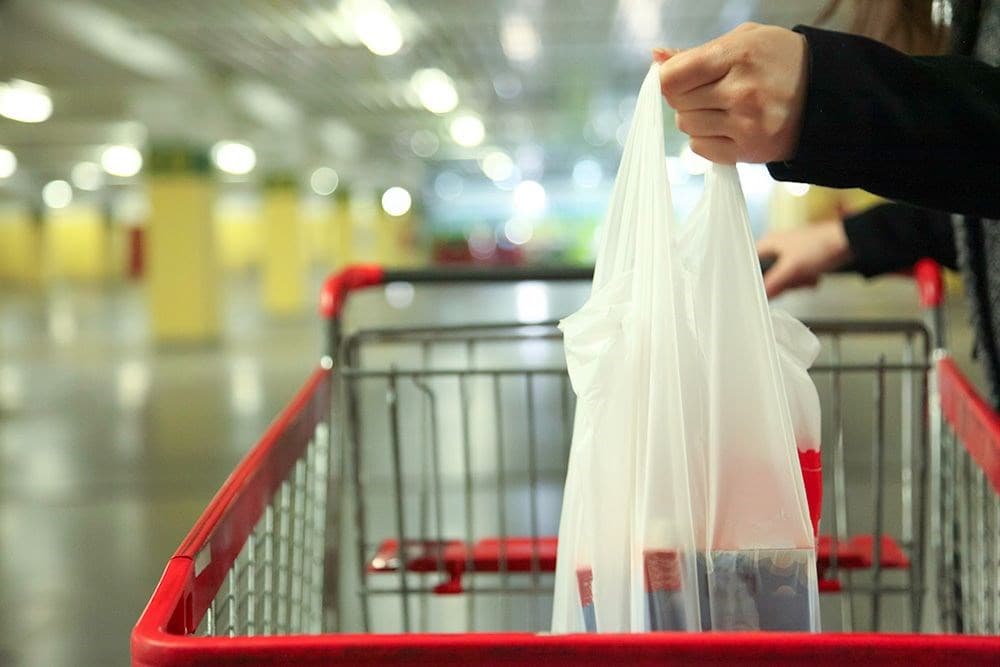
The following is a list of the primary characteristics of polyethylene bags:
Translucent or opaque
Resistance to tearing
Flexible
Durable
Very little abrasion
Amorphous and malleable
Polypropylene bags: Because polypropylene bags are completely transparent, they are ideally suited for use in the food industry, the medical industry, and any other sector in which customers require a clear view of a product prior to making a purchase
The following is a list of the primary characteristics of polypropylene bags:
Durability
Corrosion resistant
Transparency of the purest crystal
Moldable even when heated to higher temperatures
Plastic that is rigid and brittle
Superior resistance to the environment
Consider the specific requirements of your company, the constraints of your financial resources, and the manner in which you intend to package and show off your wares to your clientele before making a choice about which plastic bag to use
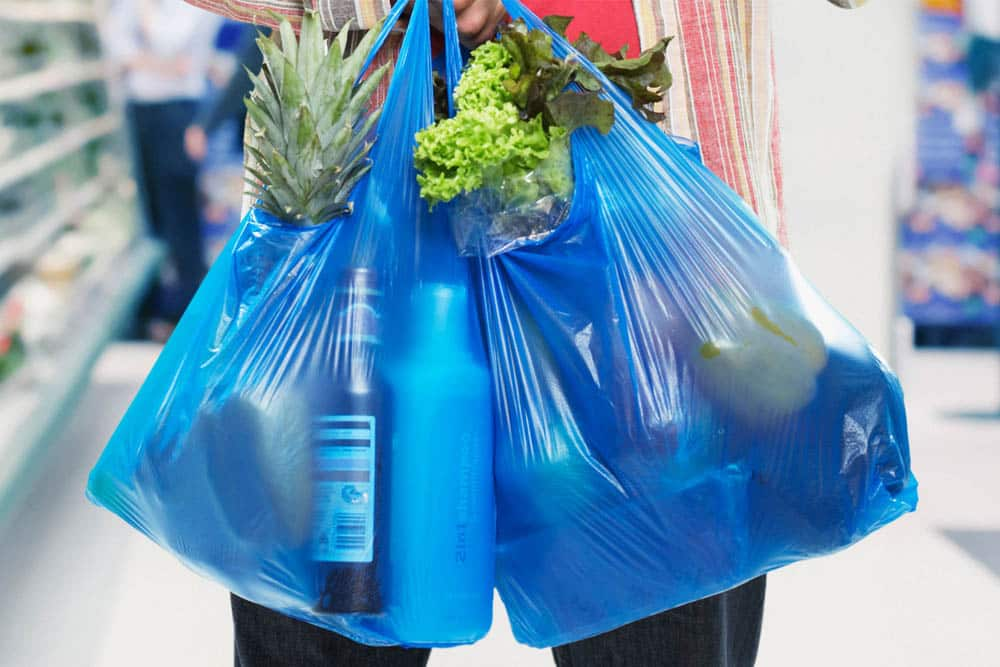
Plastic bag materials
One of the well- known plastic made bag materials is polyethylene
One of the numerous advantages of using polyethylene is that it has extremely high melting and freezing temperatures
This is only one of the many advantages of using this material
It is formed through the polymerization of ethylene (or ethene) monomers, which is what leads to its creation
The production of polyethylene can occur in one of two ways: either by the addition of ethylene (olefin) monomers or through the process of radical polymerization
The following is a summary of some of the characteristics and benefits that polyethylene bags possess: Because it is inert and translucent, the potential for it to generate static electricity is much reduced
Preventing an excessive amount of light from penetrating the bag, which helps to keep the contents secure
Keeping an excessive amount of light from penetrating the bag
Drawing less dirt, dust, and other biological components from the outside that are undesired and unwanted
A more cost-effective substitute for polypropylene Enhanced resistance not only to freezing temperatures but also to wear and tear in general
Some examples of common kinds of polyethylene bags are as follows: High-density polyethylene (HDPE) is a subtype of polyethylene that is characterized by a molecular structure that is densely packed and covalently bonded, which provides the material with a structure that is rigid, robust, and long-lasting
Low-density polyethylene (LDPE): LDPE is made by free radical polymerization, which leads to the long and short branching of chain molecules
This is how LDPE is generated
The tensile strength of this particular type of polyethylene is rather low despite the material’s resilience and flexibility
The substance known as linear low-density polyethylene, or LLDPE for short, is one that is both resilient and long-lasting
When compared to LDPE, it possesses stronger tensile strength as well as durability
Moreover, it can withstand higher temperatures
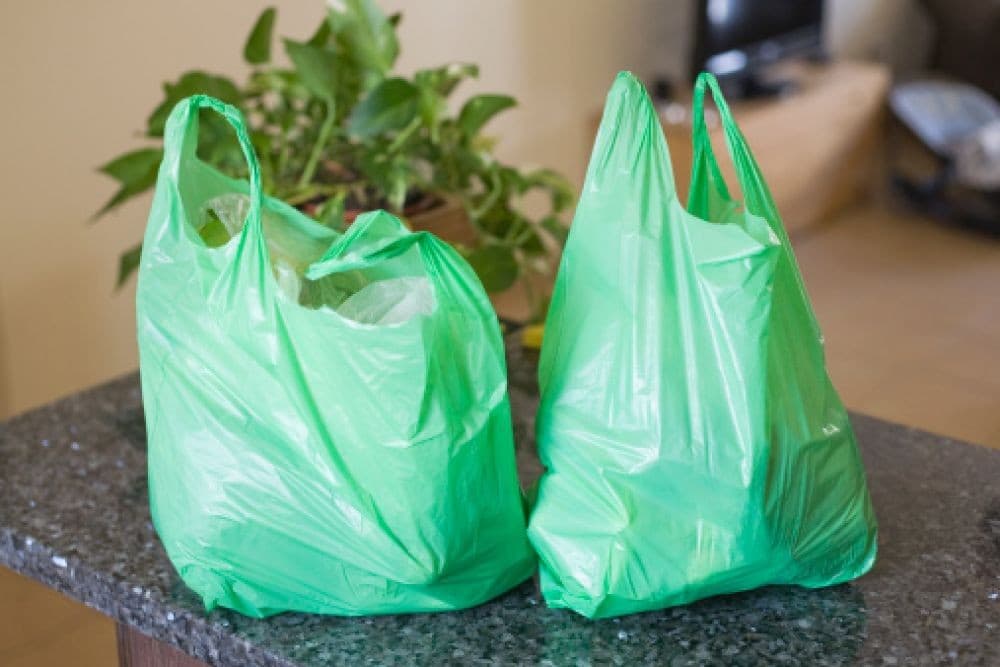
Plastic packaging bag for sale
Polypropylene bags are more resistant to heat and chemicals than polyethylene bags, in addition to having a look that is clearer and a higher tensile strength than polyethylene bags
It is possible to give polypropylene packaging stiff protective edges, which makes it an excellent material for wrapping solutions that prevent the object or its contents from being scratched
Additionally, it provides unrivaled protection against the infiltration of moisture, gases, and dirt
The following is a list of some of the special qualities and advantages of polypropylene bags:
Enhanced resistance to the effects of scratches, chemicals, and high temperatures
Plastic that is rigid and brittle
Crystal clear, for the most impressive display possible of the product
Unrivaled protection against vapor and moisture transmission
Complying with the regulations and standards set by the FDA and the USDA
Applications that are Typically Made Use of Polypropylene Bags
Polypropylene bags are frequently used for food packing, the manufacturing of electronics, and in hospital settings for the purpose of preventing the spread of pollutants
They are also used for packing a great number of consumer products in a wide variety of industries and applications, including the automotive industry
This category of use also includes the automotive industry
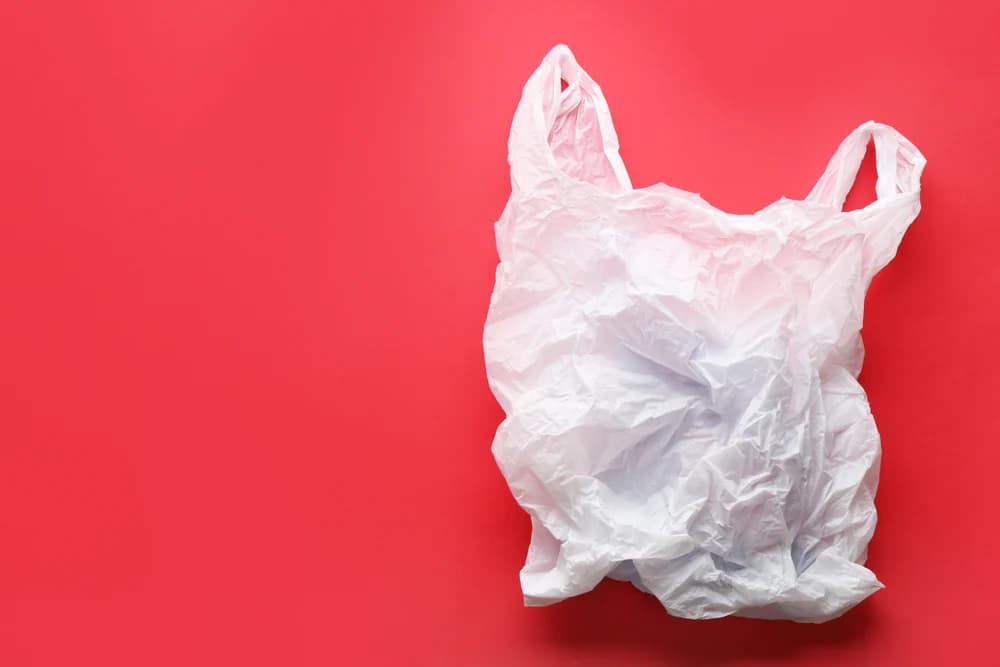
Types of plastic bag materials
The chore of selecting the appropriate types of bag from among the many plastic materials options available might be considered to be fairly challenging
This is primarily due to the fact that plastic bags are constructed from a variety of materials, and each of these materials provides users a unique set of qualities
They also come in a variety of forms and colors that are blended together
There are a great many variations of plastic bags available; however, if you educate yourself about each type, you will be able to significantly reduce the number of options available to you and select the bag that is most suited to meet your requirements
So, without further ado, let’s get down to business and have a look at the many kinds of plastic bags that are now on the market: HDPE stands for high density polyethylene (HDPE) Because of its diverse set of properties, high-density polyethylene (HDPE), which is one of the most widely used polymers in the entire world, is a good choice for the material used in the production of plastic bags
It possesses a high tensile strength despite its low weight, relative transparency, resistance to water and temperature, and resistance to temperature change
In addition to this, HDPE plastic bags are compliant with the food handling rules established by the USDA and the FDA; as a result, they are a popular choice for the storage and presentation of food in retail and take-out settings
For the purposes of storage and packaging, HDPE plastic bags can be found in a variety of establishments, including restaurants, convenience stores, grocery stores, delis, and even households
In addition to being used for waste bags, T-shirt bags, utility bags, and laundry bags, HDPE is also utilized for these purposes
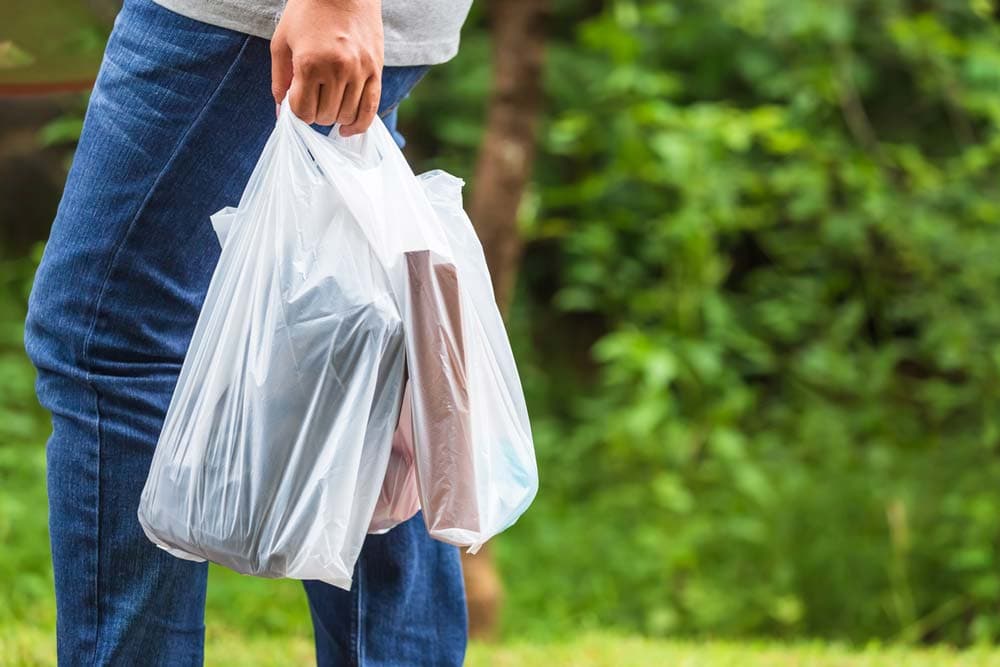
Plastic types of bag for sale
the transparency of MDPE is superior to that of HDPE, but it is not quite on par with that of low-density polyethylene
It is not recommended to use bags made of MDPE for transporting or storing bulky items because these bags are not known for having a high level of strength and neither do they stretch well
On the other hand, MDPE is a material that is frequently used for trash bags and is typically utilized in the consumer packaging industry for paper products such as toilet paper and paper towels
Polypropylene (PP) The extraordinary chemical strength and resistance of PP bags is one of the bag material’s defining characteristics
Polypropylene bags, in contrast to other types of bags, do not allow air to pass through them, making them ideally suited for use in retail settings due to their increased shelf life
Candies, nuts, herbs, and other types of confections can be readily stored in bags manufactured out of PP, which is another usage for the material
PP is also used for the packaging of food
The visibility of the contents of these bags is significantly improved in comparison to that of comparable alternatives
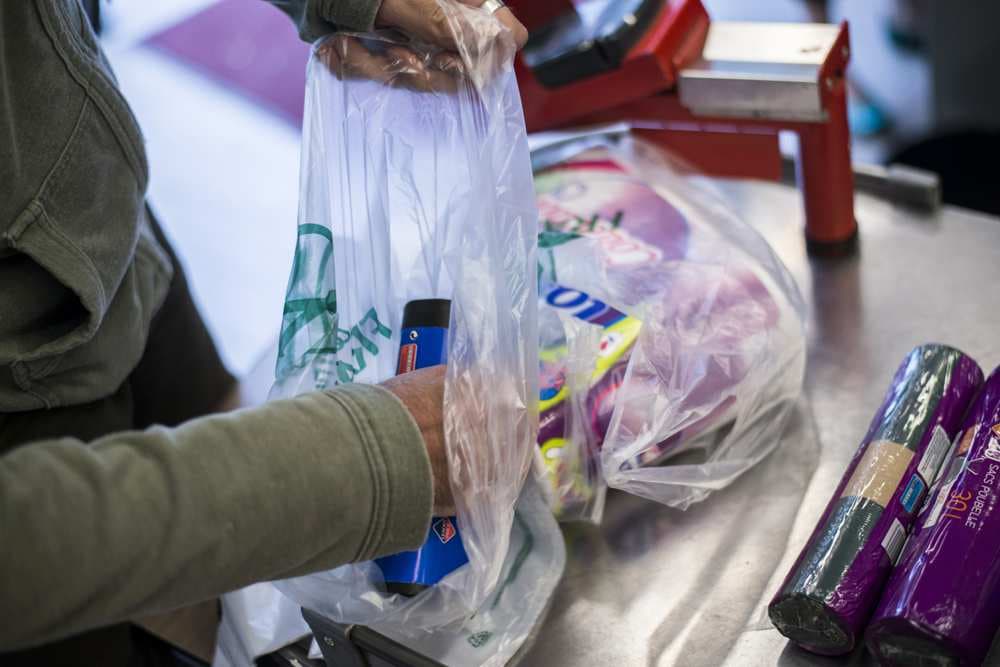
The high melting point of PP bags makes them ideal for heat-sealing, and the United States Department of Agriculture and the Food and Drug Administration have both given their blessing for their use in the food industry



